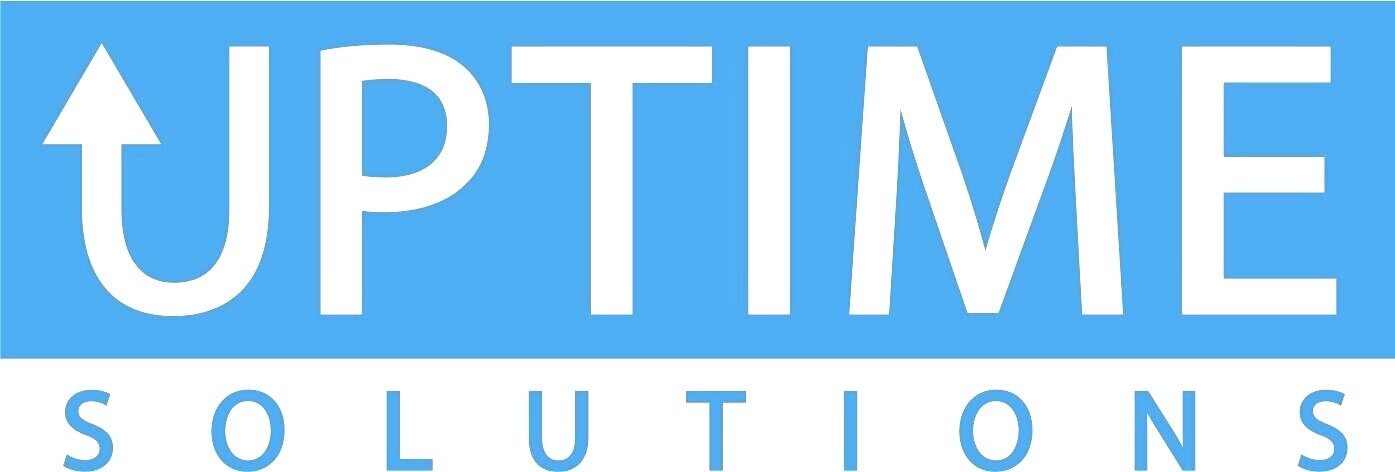Partnership Cheat Sheet
By definition; “Partnership”
the state or condition of being a partner; participation; association; joint interest.
Vendors often refer to “partner programmes” and “partners” within their offerings and day-to-day vocabulary, but what exactly do they mean? The word “partner” is overused in the business world and it often just means what it’s defined as – an association with something. But this association does not necessarily have any depth or meaning.
A trusted partner would be one that attaches mutual respect, accountability, and success to a relationship, here’s our cheat sheet to help you work out whether your partnerships truly are, partnerships.
——
Check 1 – Are your partners helping steady the ship?
When times are good, vendor partnerships work well for both parties. Despite the joint venture often being more beneficial for the vendor vs the MSP, both sides reap the rewards of shifting more tech solutions.
But ask yourself, in times of economic uncertainty just as we find ourselves in while facing COVID-19, what is that partner doing for you? Are they trying to assist in steadying the ship, or are they just calling to hit their figure for the month? True partners will understand your current challenges and will be working towards mitigating losses and risk for your MSP, reinforcing their position as a partner who attaches respect and accountability to the relationship.
Check 2 – Is there a shared escalation pathway?
In challenging times it’s paramount that you have a clear and agreed escalation pathway for working with your partners. Economic uncertainty can often generate raised client expectations and a need for unfaltering service, so keeping hold of clients also becomes tentative in nature. It’s vital to ensure you have your shared escalation pathway mapped out – don’t wait until a situation arises. If not, you may well find yourself needing to take action when it’s too late.
Check 3 – Have you got a regular line of communication?
With the world changing so significantly, it’s important for you and your partners to remain connected and sharing information that could influence your success, which in turn can provide both sides with the best chance of survival. Even if you don’t feel like you need it right now, just getting together to talk can result in unknown issues being identified and fixes being quickly actioned.
Check 4 – Does your onboarding process start client relationships on the right foot?
All mature, respected partner programmes have solid onboarding processes. You only get one shot at onboarding and the success of this process often dictates the value your client holds in your service and the level of service you are able to deliver from day one. If the right information and expectations are not discussed, then you can very quickly find yourself starting on the back foot.
Take Covid-19 as an example: Solid partner programmes set expectations early, kept lines of communication open and immediately identified potential impacts on the onboarding process. New clients were aware and kept up to date, maintaining or even strengthening their perception of the partner brand and the value of their service. Weak programmes saw escalating frustrations due to lack of communication, a quick loss of trust and an inevitable loss of new clients.
Aligning with the right partners will be pivotal to your success in the coming months and help secure your business in the future. Now is the time to check whether your partners live up to their claims and ensure you are fostering a relationship where both vendor and MSP know that they may need to go the extra mile to make something happen.
With the above in mind, have a think about what the word ‘partnership’ means to your vendors.
We practice what we preach – how Uptime covers the four check points.
Here at Uptime Solutions, our foundations are built on creating a true partnership. To ensure we deliver this we cover four key areas when working with our partners, giving all parties involved the best chance of success.
Steadying the Ship
Keeping our finger on the pulse at all times, we have been busy implementing individual survival plans for our MSPs, ensuring they are able to continue operating despite the challenges that face their client base.
Escalation Pathway
At Uptime, every partner has a five point escalation path that is given to them in their Welcome Pack. This begins with their Helpdesk Team Leader and flows upwards to Senior Management and Service Delivery Manager. Making sure you have the right contacts is fundamental to a relationship. Having just an Account Manager isn’t enough, especially when they can be busy with other activities.
Regular, scheduled communication
Every Uptime Solutions partner has the option to subscribe to a free weekly call with their Helpdesk team. This 15-20 minute call happens every week at the same time, and is a way of keeping synergy and harmony between Helpdesk, Projects, Finance and Sales. An agenda is provided and both vendor and MSP can ensure the Helpdesk is aware of the latest project that could impact users at customers, or even discuss a customer that is at risk and requires some TLC.
Thorough Onboarding
Our seven stage onboarding process is designed to ensure that with effort from both sides, we give both parties the best chance of success. MSPs know what to expect and vendor knows what they need to deliver on
